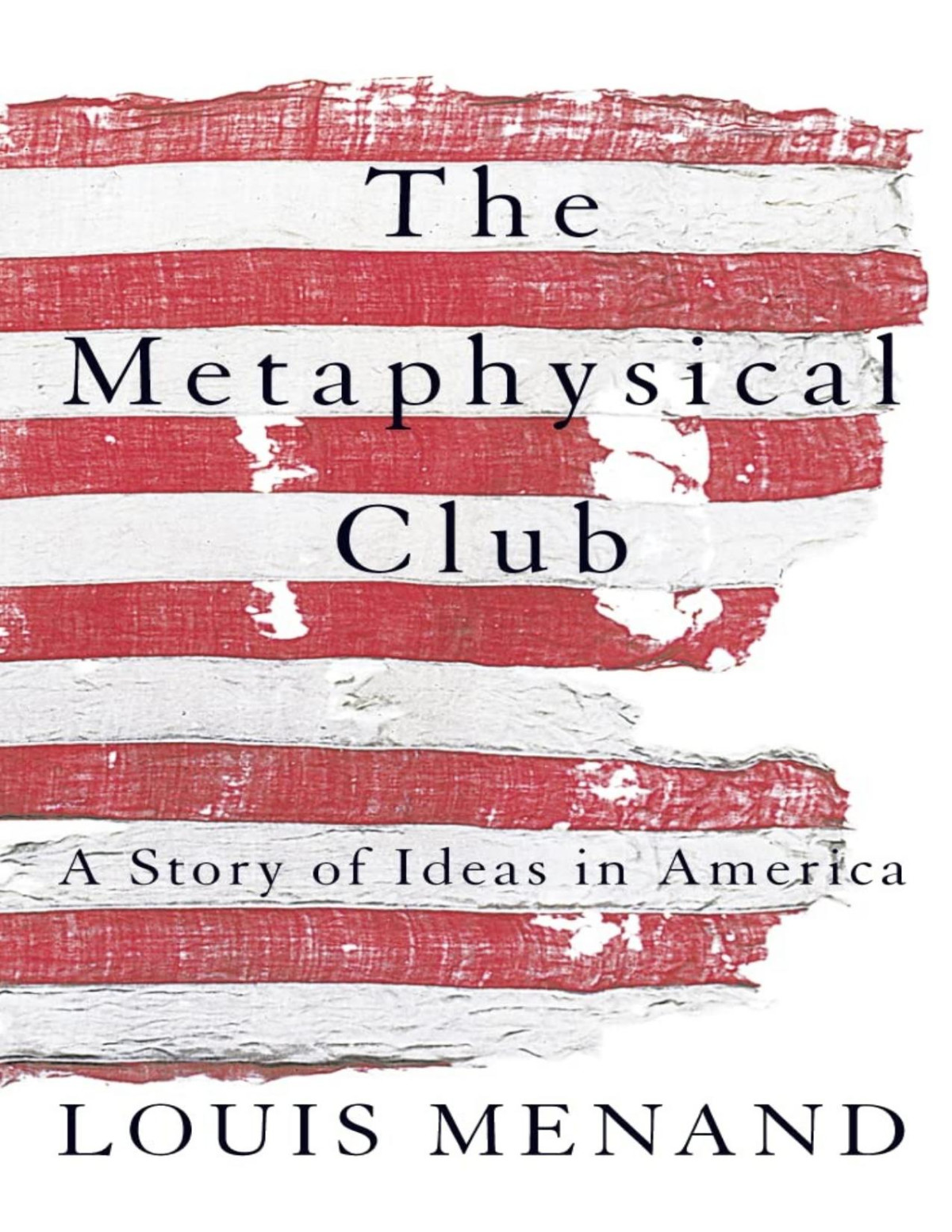

Most ebook files are in PDF format, so you can easily read them using various software such as Foxit Reader or directly on the Google Chrome browser.
Some ebook files are released by publishers in other formats such as .awz, .mobi, .epub, .fb2, etc. You may need to install specific software to read these formats on mobile/PC, such as Calibre.
Please read the tutorial at this link: https://ebookbell.com/faq
We offer FREE conversion to the popular formats you request; however, this may take some time. Therefore, right after payment, please email us, and we will try to provide the service as quickly as possible.
For some exceptional file formats or broken links (if any), please refrain from opening any disputes. Instead, email us first, and we will try to assist within a maximum of 6 hours.
EbookBell Team

5.0
48 reviewsThe Metaphysical Club was an informal group that met in Cambridge, Massachusetts, in 1872, to talk about ideas. Its members included Oliver Wendell Holmes, Jr, founder of modern jurisprudence; William James, the father of modern American psychology; and Charles Sanders Peirce, logician, scientist and the founder of semiotics. The club was probably in existence for about nine months. No records were kept. The one thing we know that came out of it was an idea - an idea about ideas.
This book is the story of that idea. Holmes, James and Peirce all believed that ideas are not things out there waiting to be discovered but are tools people invent - like knives and forks and microchips - to make their way in the world. They thought that ideas are produced not by individuals, but by groups of individuals - that ideas are social. They do not develop according to some inner logic of their own but are entirely dependent - like germs - on their human carriers and environment. They also thought that the survival of any idea depends not on its immutability but on its adaptability.